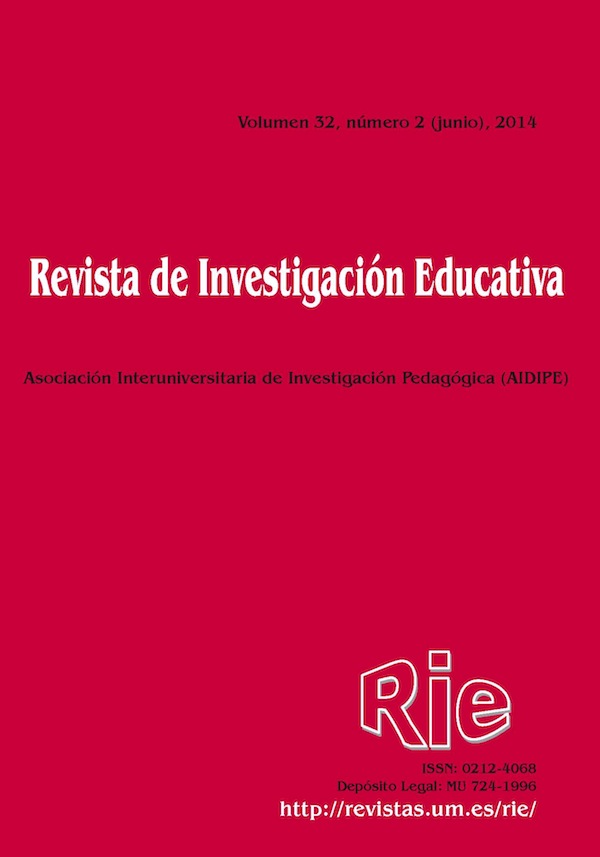Participatory assessment methods: an analysis of the perception of university students and teaching staff
Supporting Agencies
- Agencia Española de Cooperación Internacional y Desarrollo (AECID) Proyecto EVALPART - Ref. A/016477/08
Abstract
The use of participatory assessment methods is one of the main lines of research and innovation in higher education. The aim of this research was to analyse the perception of both university teaching staff and students regarding the use of self-assessment, peer-assessment and co-assessment. Two questionnaires were designed for this purpose, one for the lecturers and one for the students, by means of which the perceptions of 3,459 students and 424 lecturers of seven Latin American and Spanish universities from six different countries were measured. In conclusion, there is, in the first place, evidence of an agreement regarding the scant use of participatory assessment methods in universities and, secondly, there is an emphasis on the need to establish training processes for both teaching staff and students in order to disseminate information concerning these methods and put them into practice in order to improve students´ independent and strategic learning.
Downloads
-
Abstract1738
-
PDF (Español (España))1098
The articles and scientific documents published in RIE abide the following conditions:
1. The Servicio de Publicaciones de la Universidad de Murcia (the publisher) has the property rights (copyright) of all the documents published and allows the reuse under the user’s license indicated in point 2.
2. All documents are published in the digital edition of RIE under a Creative Commons Reconocimiento-NoComercial-SinObraDerivada 4.0 Internacional. (legal document) license. These documents can be copied, used, distributed, communicated and explained publicly if: i) the author(s) and its original source of publishing (magazine, publisher and URL of the document) are cited; ii) it is not used for commercial purpose; iii) the existence and the specifications about this license are mentioned.
3. Auto-archive’s conditions. The authors are allowed and encouraged to digitally distribute the pre-print versions (a version before evaluation) and/or post-print (a version that it is already evaluated and accepted to its publication). This promotes circulation and distribution earlier and can increase the citations and significance within the academic community.










